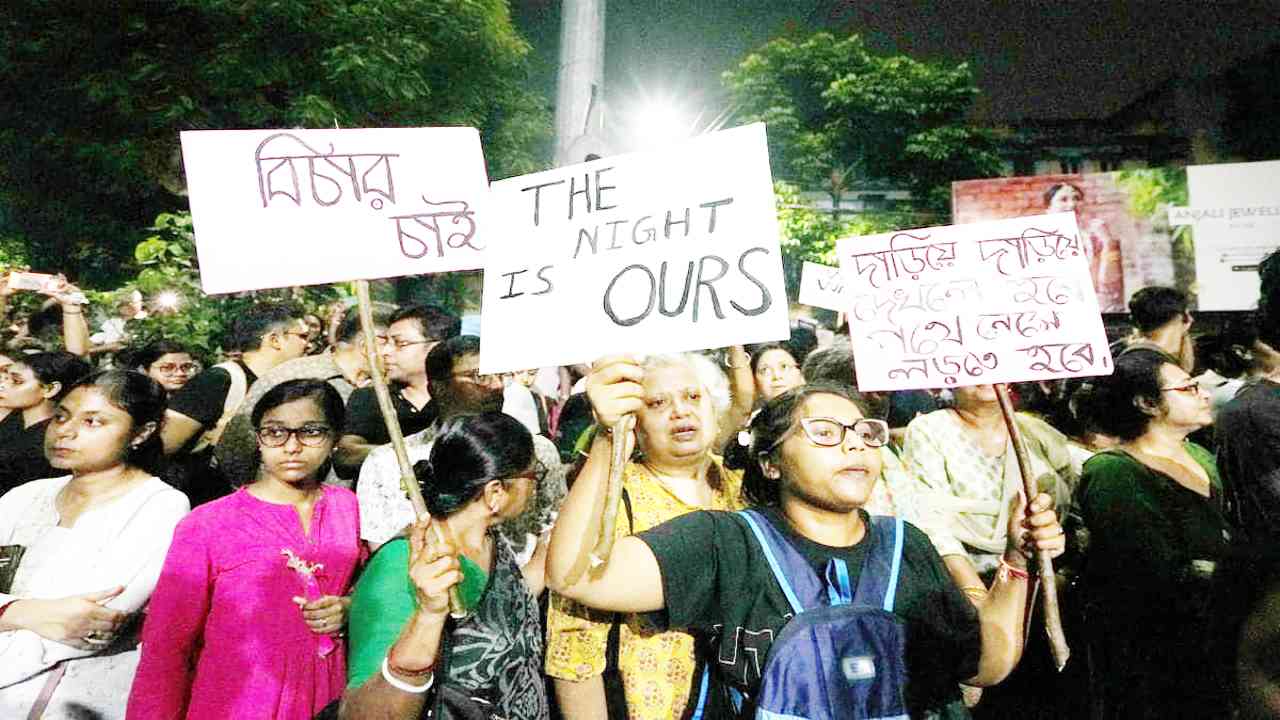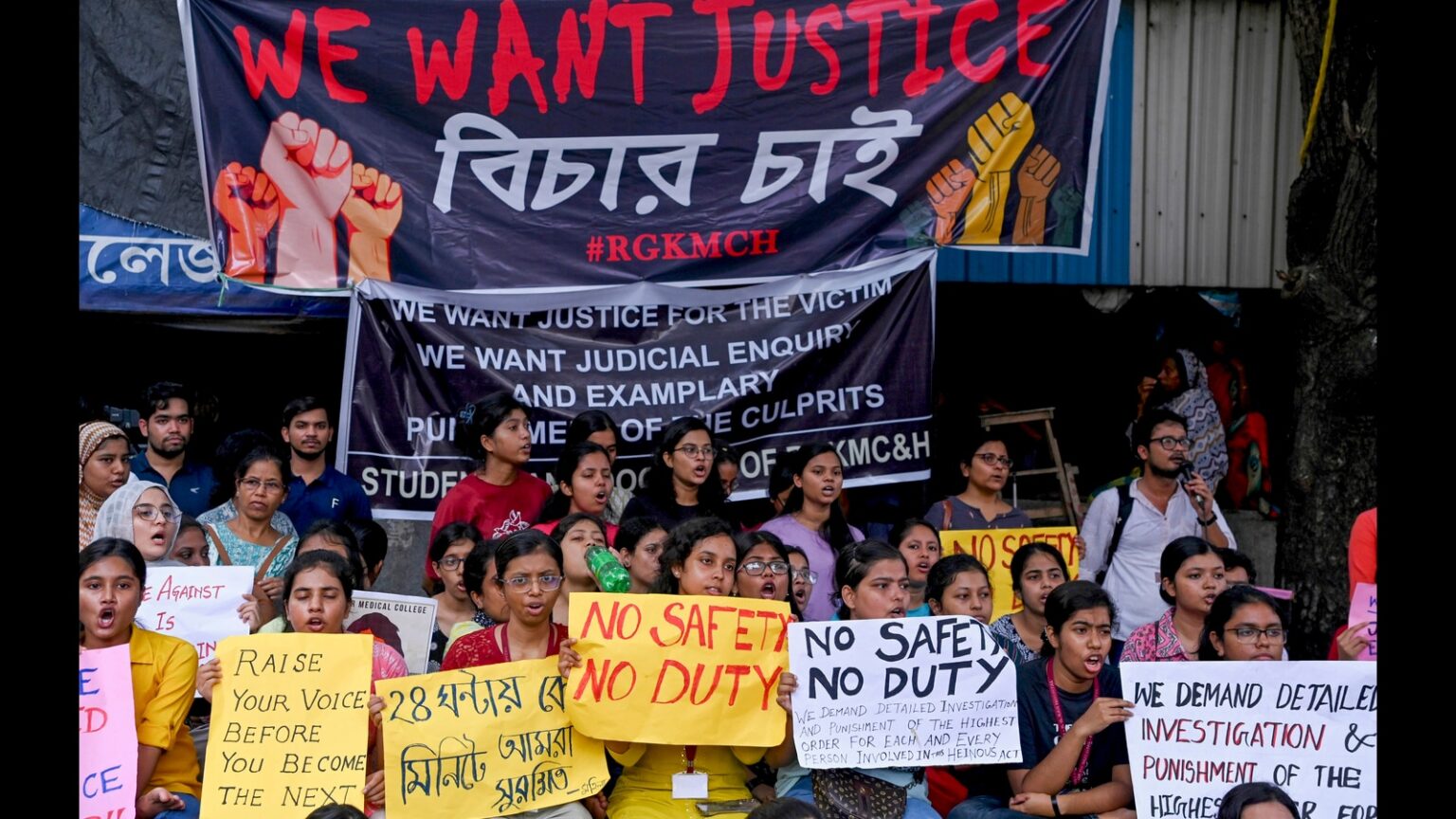The protests at RG Kar Medical College in Kolkata, which began as an outcry against poor living conditions in hostels and a lack of basic amenities, have become symbolic of a larger movement advocating for the rights of students and interns in medical institutions across India. The underlying issues—ranging from inadequate infrastructure, poor hygiene, and insufficient safety measures to heavy workloads and low stipends—reflect systemic neglect in healthcare education and the treatment of budding medical professionals. These grievances resonate with students and young professionals across the country, who face similar challenges in other medical colleges and hospitals.

Source:- bbc news
The RG Kar protests are more than just a fight for better conditions in a single institution; they stand as a beacon of resilience, unity, and the demand for accountability. These protests challenge authorities to prioritize the well-being of future healthcare providers, who often operate under stressful and suboptimal conditions. By keeping this spirit alive, students can pressure administrations to make lasting changes that improve working and living conditions, ensuring that future generations do not suffer similar hardships.
Source:- news 18
Additionally, these protests highlight the critical need to value and support medical students, as they are integral to the healthcare system. A lack of support and facilities not only affects the students’ mental and physical health but also impacts their ability to deliver quality care to patients. When the voices of RG Kar protesters are amplified, they bring attention to the rights and welfare of all medical students nationwide. Preserving the momentum of the RG Kar protests is essential in pushing for reforms that can better healthcare education and contribute to a healthier, more robust medical workforce in India.
Share your views in the comments

